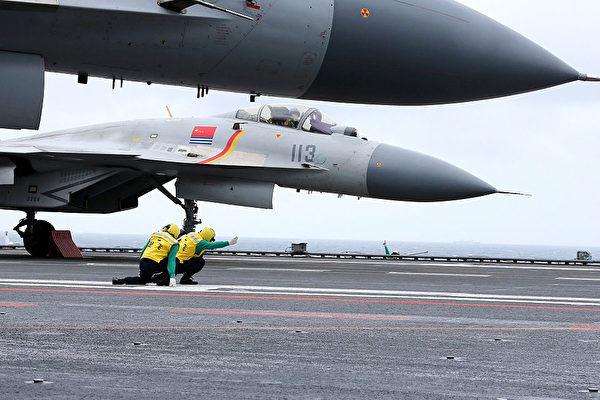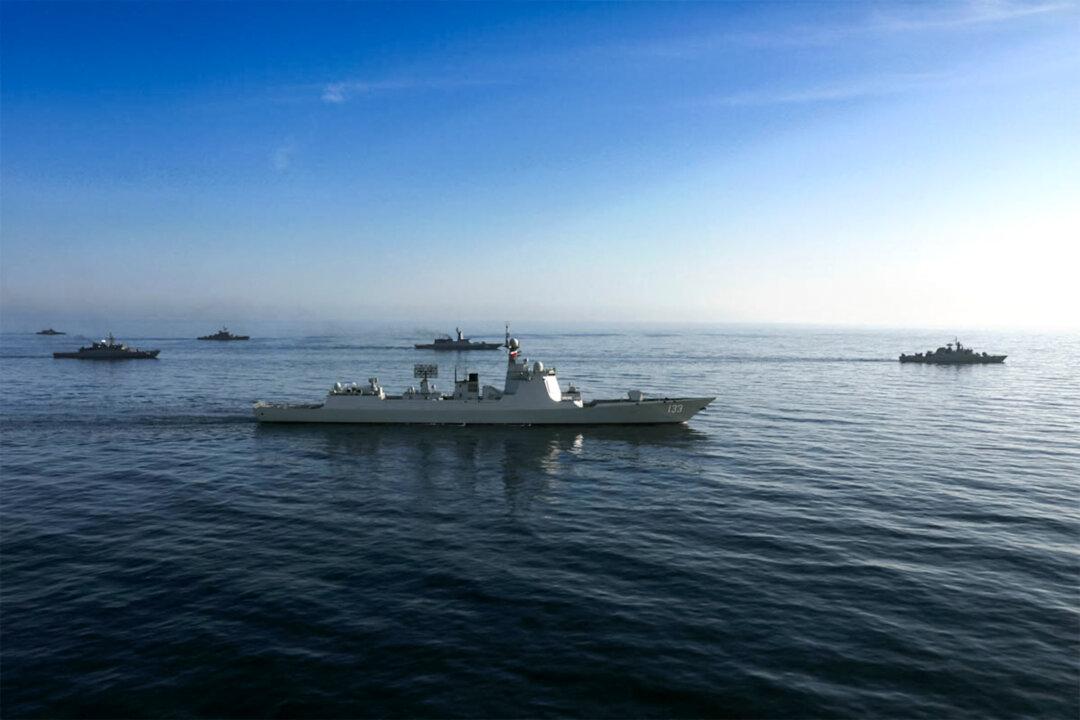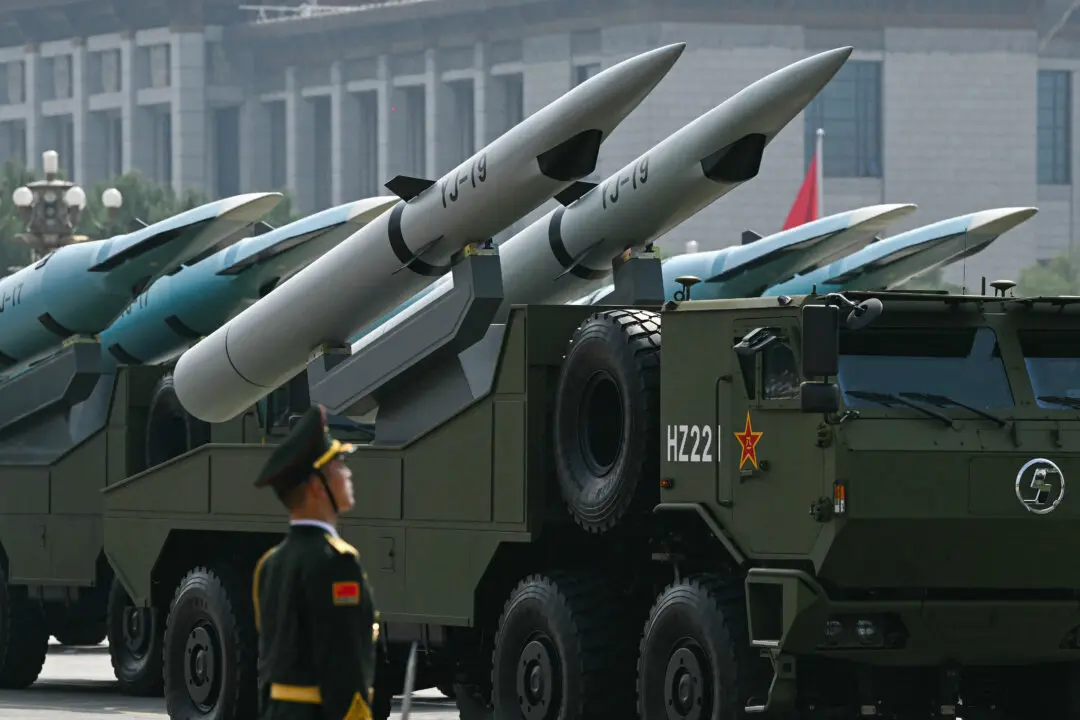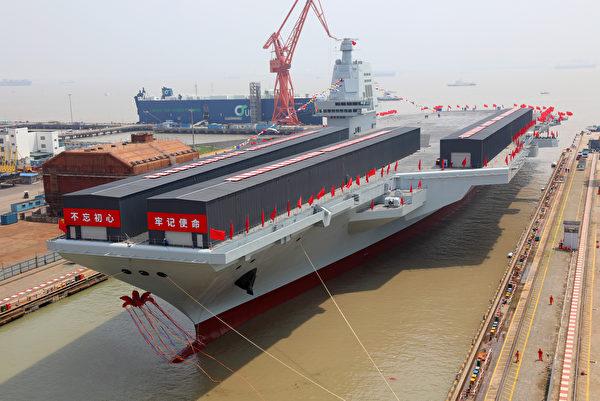Commentary
On April 26, Xinhua, the mouthpiece of the communist regime, published an article to commemorate a Chinese carrier-based J-15 fighter jet pilot, who died in an accident as a result of his jet’s electronic control system malfunctioning during a landing; the article inadvertently revealed the weakness of the carrier’s combat capabilities.




